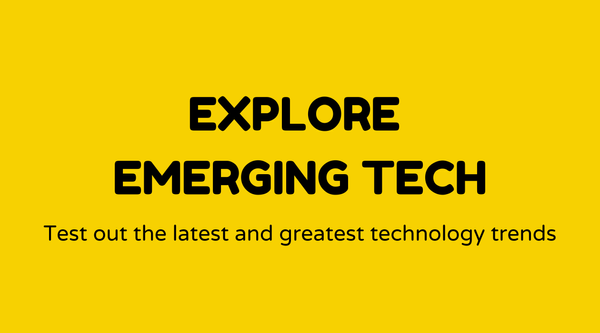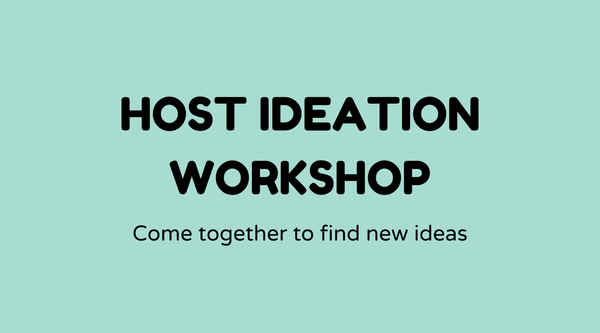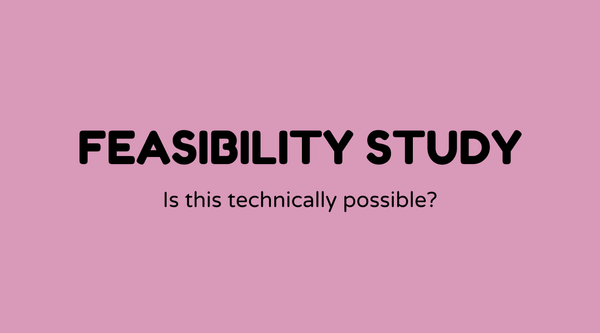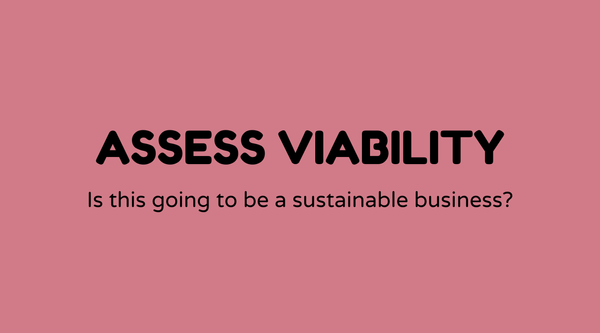Conversation Planning
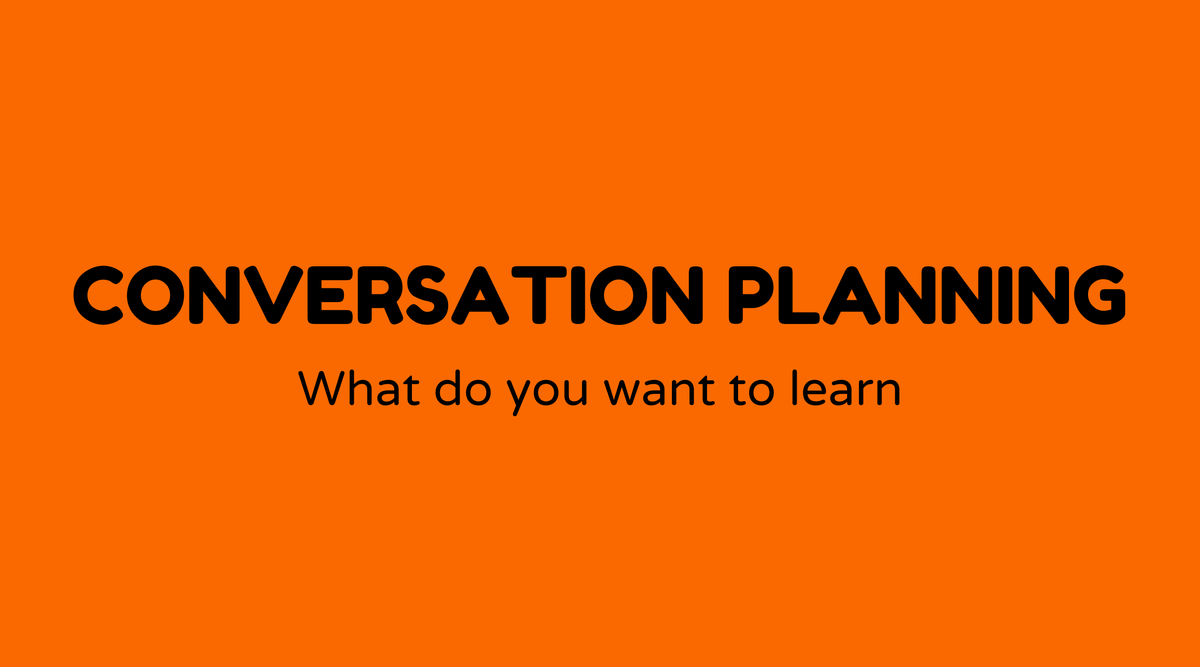
Overview of Conversation Planning Workshop
In the fast-paced business environment, effective communication is essential. A Conversation Planning Workshop equips teams and individuals with the skills needed to organize and conduct purposeful, goal-directed conversations. This type of workshop is structured to provide participants with strategies and tools to frame discussions properly, ensuring clarity and accomplishment of desired results. Whether you are managing a project meeting, negotiating agreements, or managing client relations, conversation planning can be transformative.
Why Conversation Planning Matters
Have you ever encountered misunderstandings in meetings or found it challenging to steer a discussion toward a fruitful conclusion? You are certainly not the only one. Planning conversations is important because it improves clarity and focus. It reduces miscommunication, encourages positive interactions, and ultimately leads to improved business outcomes. With a systematic approach, you can ensure every discussion aligns with your goals and nurtures relationships.
What is Conversation Planning
Conversation planning involves creating a framework that guides a discussion towards specific objectives. It encompasses establishing clear goals, anticipating questions or concerns, determining key messages, and deciding on the suitable tone and approach. This forward-thinking strategy is about considering the who, what, when, where, and why of the conversation before the actual interaction takes place.
How to do Conversation Planning
-
Define Objectives:
- What do you want to achieve?
- Set measurable targets (e.g., finalize a budget, resolve a conflict, etc.)
-
Analyze the Audience:
- Who are you speaking with?
- Understand their interests, concerns, and motivations.
-
Structure the Conversation:
- Start with an introduction that sets the stage.
- Plan the main points and supporting arguments.
- Conclude with a clear call to action.
-
Anticipate and Prepare:
- Consider potential questions or objections.
- Prepare responses.
-
Choose Communication Style:
- Decide on the right tone and language.
- Align with the context and audience.
Sample Agenda of a Conversation Planning Workshop
| Time | Activity |
|---|---|
| 09:00 - 09:30 | Introduction to Conversation Planning |
| 09:30 - 10:15 | Identifying Objectives and Goals |
| 10:15 - 11:00 | Analyzing Your Audience |
| 11:00 - 11:15 | Break |
| 11:15 - 12:00 | Structuring Conversations |
| 12:00 - 01:00 | Lunch Break |
| 01:00 - 02:00 | Anticipating Questions and Preparing Answers |
| 02:00 - 02:45 | Choosing the Right Communication Style |
| 02:45 - 03:00 | Break |
| 03:00 - 04:00 | Role-Playing and Practical Exercises |
| 04:00 - 04:30 | Recap and Q&A |
Examples of Conversation Planning
- Negotiation: Formulating a plan to discuss terms that satisfy both parties' needs.
- Team Meetings: Creating a structure that ensures everyone contributes and stays focused.
- Sales Pitch: Knowing how to guide the client through the benefits, address concerns, and finalize the deal.
FAQs
- How does conversation planning differ from general communication skills?
Conversation planning is the strategic process of designing discussions with specific results in mind, while communication skills encompass a broader range of verbal and non-verbal techniques.
- Who should attend a conversation planning workshop?
Anyone who regularly engages in high-stakes, purpose-driven discussions, particularly in professional environments such as managers, salespeople, or project leaders.
- Can conversation planning help in personal relationships?
Yes, it can. While primarily applied in business settings, the skills are equally useful in personal interactions where clarity and goal alignment are important.
- How often should one practice conversation planning?
The more frequently you engage in important conversations, the more often planning should be utilized. Regular practice contributes to developing skills into habits.
- What tools or resources can assist in conversation planning?
Tools like conversation templates, checklists, and planning software can provide structure. Additionally, role-playing and feedback sessions offer practical insights.
